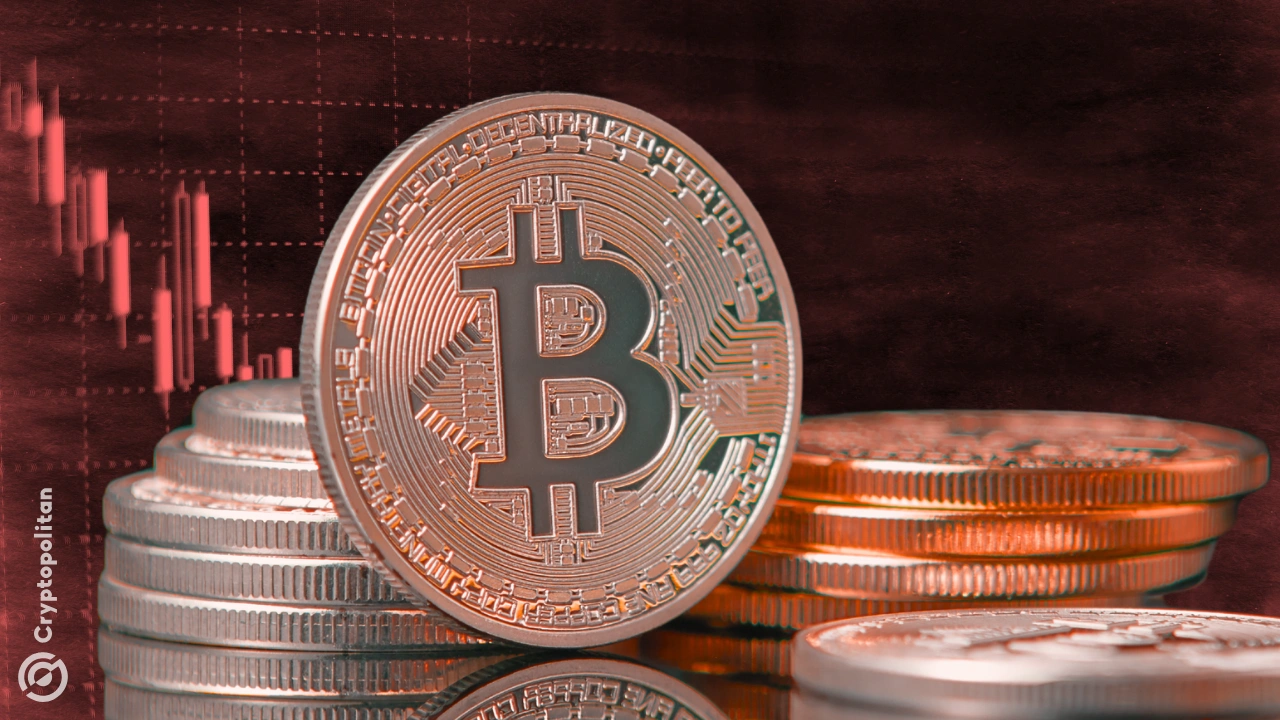According to Franklin Templeton,The ECB will turn toward starting to consider rate hikes at the end of this year as defense spending in the region could boost the economy。
"If you look forward to 2026, it's very clear that Europe will perform well. Inflation will be low, growth will be very good. If you are a central bank, why not consider how to start hikes?"
This is a reverse view, contrary to market pricing.Traders are currently inclined to think that the ECB will cut interest rates three more times this year, at 25 basis points each, and then keep deposit rates at 1.5% until mid-next year。
In a speech, Dutch Central Bank Governor Noth believed that neutral interest rates were "almost still at their current position." Although inflation may slow down faster than previously expected, he believes trade disruptions and Europe's increased spending on defense and infrastructureLong-term impact is "far from clear"。
His comments suggest that the ECB's June 5 meeting—the last meeting he attended before the end of his term—Will be forced to lower forecasts for next year's consumer price growth, previously forecast for March was 1.9%. But evaluating whether forward prices are stable will depend on the 2027 data.
Knot said:I think the ECB meeting in June will be very complicated。”
Zahn believes thatECB deposit rates will bottom between 1.75% and 1.5% by September, and expect investors to become more optimistic about the economic outlook. He is maintaining a short-term bond market and is expected to increase issuance as funds provide expenditures,The yield curve will tend to be steep.
He believes that although US President Trump's tariff policy may have a slight deflationary impact,Market focus will soon return to the boost brought by European defense plans. Germany has begun to launch defence and infrastructure spending for hundreds of billions of euros in debt financing.
This prospect has dominated Zahn's asset allocation decisions. Given that Spain is one of the countries with the least expenditure on defense, heReduced his significant over-alignment to Spain. He continuesLow-end French and Italian, it is predicted that the spread between the 10-year government bond yields and German government bonds in the two countries may expand to 100 and 150 basis points respectively.
"We tend toward core markets because they are the most defensive. So we invest in countries like Spain, Germany, the Netherlands, Belgium, etc."
Franklin Templeton’s European Total Return Fund has returned about 3.6% over the past year, compared with 6.5% for the comparison benchmark.
ZahnNot optimistic about the UK,He sold all his UK Treasury positions in March this year, given its severe fiscal situation, he said the market is most vulnerable to any increase in spending. This prospect pushes the country's long-term borrowing costs to earlier this month (the highest level since 1998), with 30-year Treasury yields currently at around 5.24%.
He added: "The UK needs to invest more in defense, but it has no money and I think the 30-year yield is definitely likely to rise to nearly 6%.
















No comments yet